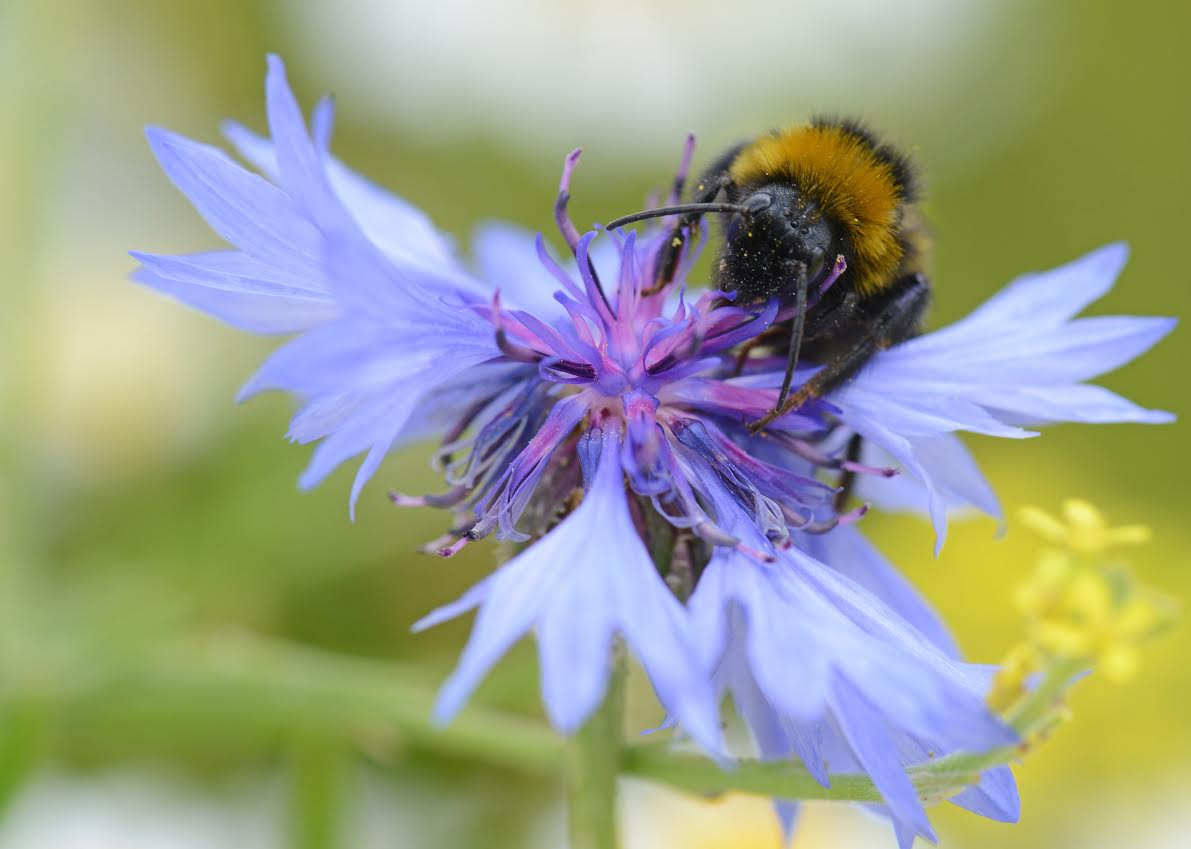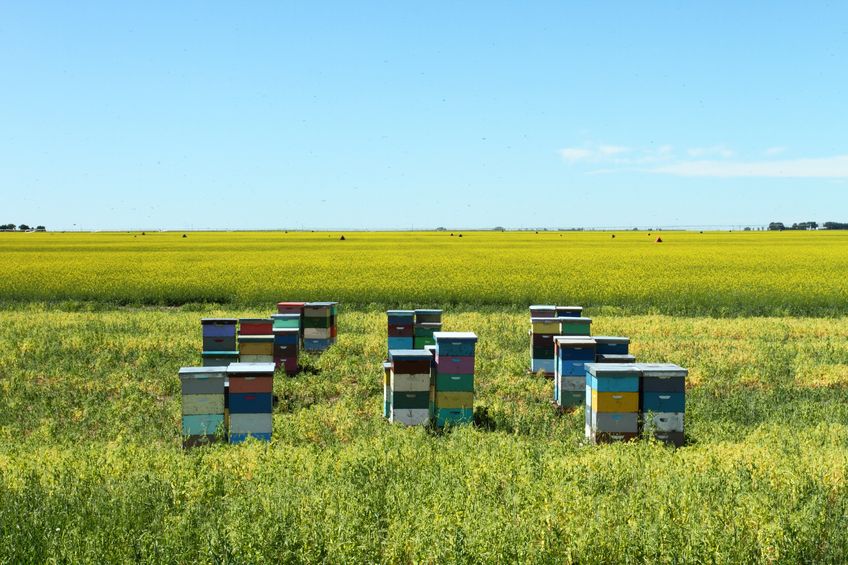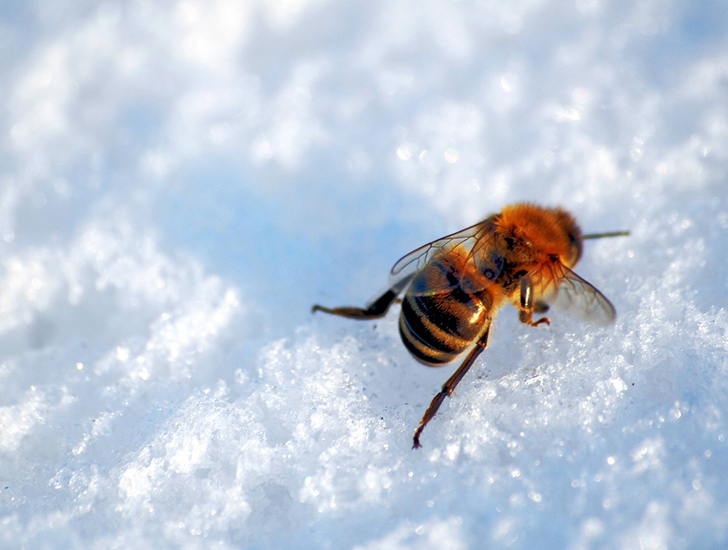
Defra has honoured pollinator-friendly projects around the UK and has urged the public to take action to meet bees' needs this winter.
An inner-London ‘nectar bar’ and a disused coal mine transformed into a pollen-rich hay meadow are among a range of innovative projects helping protect the nation’s pollinators.

The Bees’ Needs Champions Awards, hosted at the Royal Botanic Gardens, Kew, brings together 30 champions to celebrate bee-friendly initiatives, from playgrounds to parks and farms to famous shopping streets. As winter approaches, bee experts are also calling on the public to take action to keep bees buzzing over winter, with tips on providing homes and food as the temperature drops.
Speaking ahead of the Bees’ Needs Champions Awards, Minister for Rural Affairs and Biosecurity Lord Gardiner said: "Pollinators are essential for food production and the environment. The Bees’ Needs champions show us how to keep our pollinators happy and healthy all year round, and their efforts are an inspiration for us all. They show that whether you have access to acres of land or just a window box, everyone can play a part in helping these vital insects thrive.

The awards celebrate success in six categories: youth groups, schools, local authorities, farming, construction and community groups. They have been judged by a number of organisations on adopting Defra’s National Pollinator Strategy. The champions come from all over England and are responsible for a wide range of projects.
In Sydenham, south London, Grow Mayow community garden features its own nectar bar. Originally an old park keeper depot, it is now home to an award-winning garden with wild flowers and a beehive. Over winter, the garden is planted with a fast-growing ‘green manure’, providing winter food for pollinators and nutrients for the soil.
In Shropshire, the site of a former coal mine was left badly scarred by its industrial past before being turned into a pollinators paradise. The Severn Valley Country Park opened in 1992 and since then volunteers have been looking after five hectares of species-rich hay meadows and bee hives. Volunteers trained as beekeepers are harvesting mason bee larvae to give to local fruit growers, so young bees can grow and pollinate fruit crops.
Pollinators need food in winter months
While the natural lifecycle of many bees in the UK means you will see them less often, pollinators still need food and shelter to survive the winter.
Calling for everyone to take action to help bees and pollinators over the winter, Lord Gardiner added: "Bees are a much-loved feature of English summertime and crucial contributors to our biodiversity and our economy. But it is important not to forget bees’ needs during the winter months too, when providing food and a home are more important than ever.
"Planting evergreens for winter food and leaving areas of gardens undisturbed through the winter to provide homes mean we can all help pollinators emerge safely in the spring.
Experts have highlighted a number of easy steps everyone can take to help pollinators over the winter, including planting flowers, shrubs and trees that thrive in winter and leaving suitable places for hibernation undisturbed.
